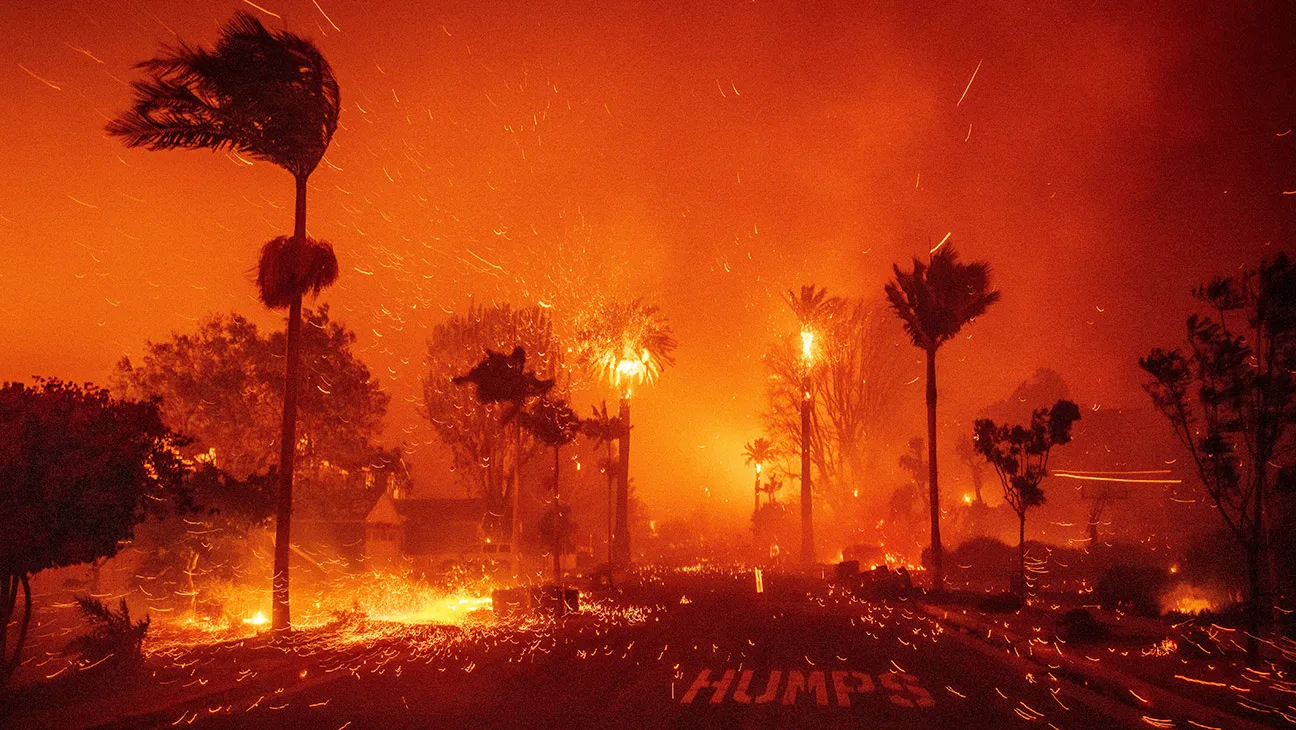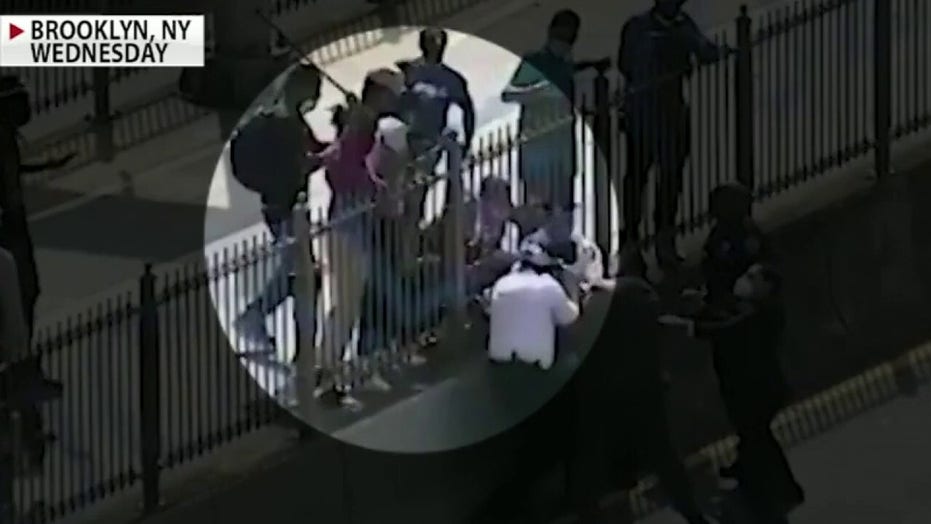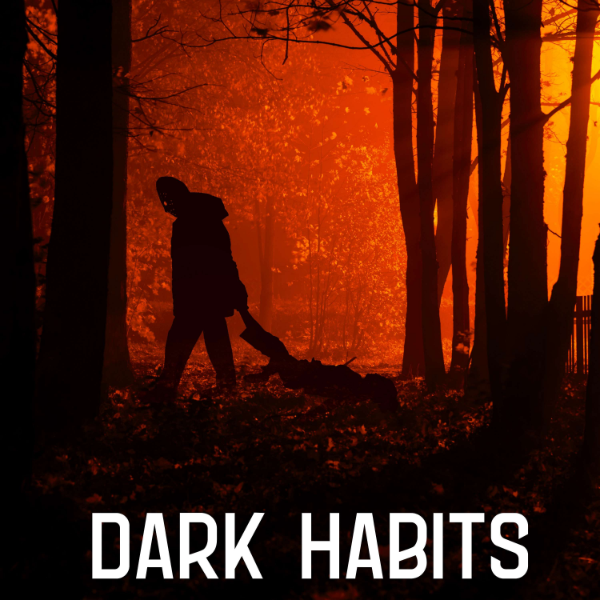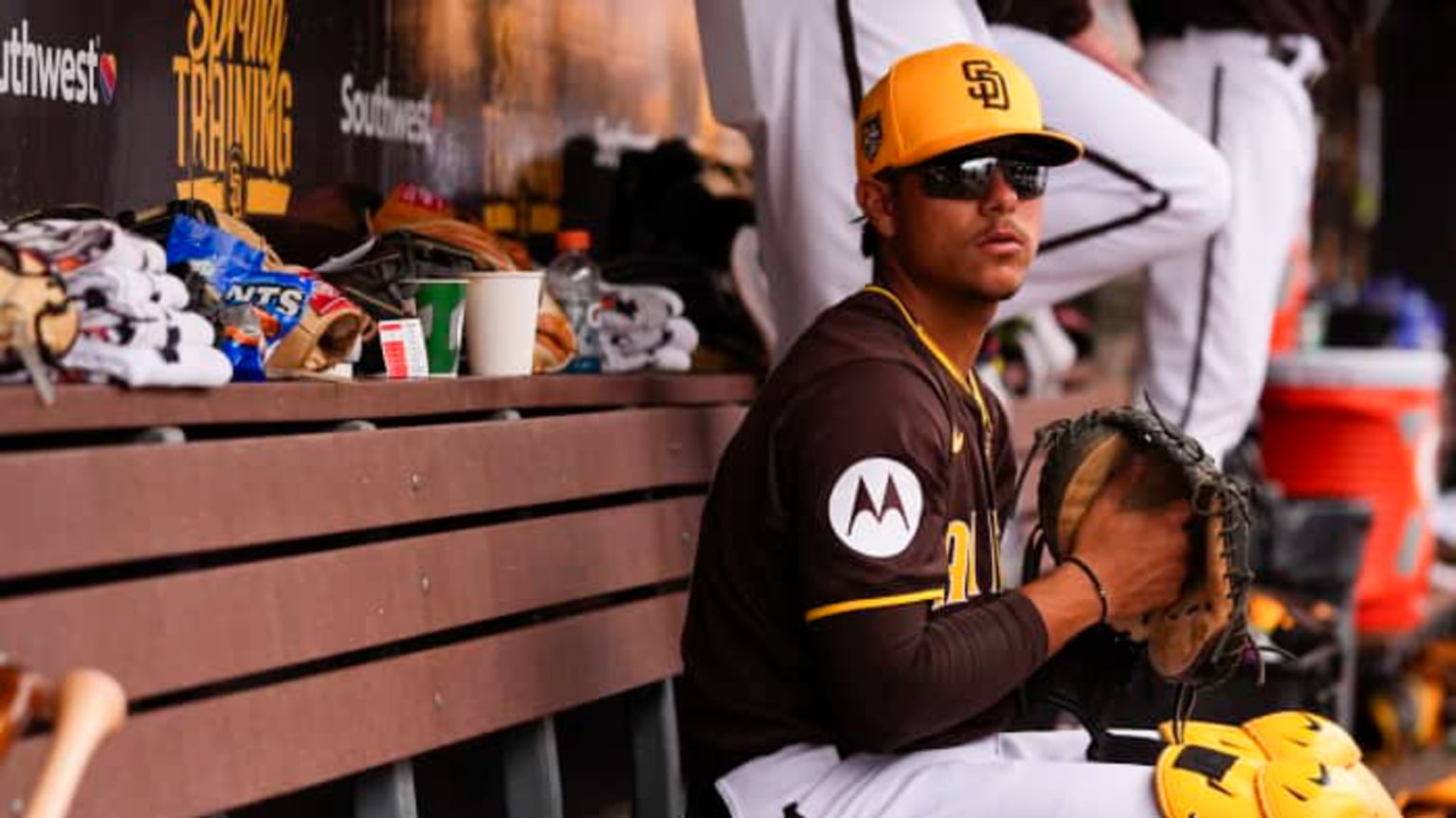Is Betting On Wildfires Like The Los Angeles Fires Ethical? A Look At The Moral Implications

Table of Contents
The Insensitivity of Profiteering from Disaster
The very act of profiting from the suffering caused by a natural disaster like the Los Angeles fires exposes a profound lack of empathy. Betting on wildfires, in this context, is not merely a financial transaction; it's a demonstration of insensitivity towards the victims and their families.
- Emotional Distress: Wildfires cause immense emotional distress, leaving victims grappling with the loss of homes, loved ones, and entire communities. The thought that others are profiting from their pain is deeply upsetting and adds another layer of trauma.
- Disrespectful Nature: Treating a tragedy of this magnitude as a gambling opportunity is profoundly disrespectful. It trivializes the immense suffering experienced by those affected, reducing their hardship to a mere betting line.
- Exacerbating the Situation: The knowledge that people are profiting from their misfortune can exacerbate the already difficult situation for wildfire victims. It can foster feelings of anger, resentment, and hopelessness.
- Similar Questionable Markets: This isn't isolated to wildfires; similar morally questionable betting markets exist for other natural disasters, such as hurricanes, earthquakes, and floods, raising broader concerns about ethical gambling practices.
The psychological impact on victims and communities is significant. When individuals realize that others are profiting from their misery, it fuels a sense of injustice and betrayal, hindering the healing process and community rebuilding efforts. The lack of empathy inherent in such actions is morally reprehensible.
The Legal and Regulatory Landscape of Disaster Betting
The legal status of betting on wildfires and similar events is a complex issue with significant variations across jurisdictions. While many forms of gambling are regulated, the specific application of these regulations to disaster-related betting remains unclear in many places.
- Existing Gambling Regulations: Current gambling laws often focus on established betting markets, leaving grey areas regarding the legality of wagering on unpredictable natural events like wildfires.
- Legal Loopholes and Grey Areas: The novelty of this type of betting may allow exploitation of existing legal loopholes, leading to unregulated and potentially harmful markets.
- Role of Regulatory Bodies: Gambling regulatory bodies need to proactively address this emerging issue, clarifying legal boundaries and implementing necessary safeguards.
- International Variations: Laws concerning disaster betting vary significantly across countries, highlighting the need for international cooperation in addressing this issue.
The absence of clear legal frameworks allows for the proliferation of unregulated markets, increasing the risk of exploitation and fraud. Stricter regulations are needed to deter participation and protect vulnerable populations. The legal ramifications for those facilitating or participating in this type of betting need to be clearly defined and enforced.
The Argument for the "Free Market" and Predictability
Some argue that betting on wildfires, particularly when based on sophisticated predictive models, is akin to other forms of speculative betting, such as the stock market. They point to the predictability of wildfire risk based on factors like drought conditions, fuel load, and weather patterns.
- Predictive Modeling: Advancements in wildfire prediction models allow for reasonably accurate estimations of wildfire risk in specific areas. This, some argue, makes betting on wildfires similar to other forms of risk assessment found in financial markets.
- Informed Consent: Proponents suggest that sophisticated bettors can accurately assess risk and make informed decisions, similar to investing in high-risk, high-reward ventures.
- Comparison to Insurance: The argument draws parallels between disaster betting and insurance models, where individuals pay premiums to mitigate future risks.
- Data Collection and Analysis: Improved data collection and analysis, they suggest, could enhance wildfire prediction models and potentially lead to better resource allocation for mitigation efforts.
However, even if accurate prediction models exist, the ethical concerns remain. The potential for exploitation, the insensitivity towards victims, and the normalization of profiting from tragedy significantly outweigh any potential benefits. Increased data analysis should primarily focus on improving mitigation efforts and supporting affected communities, not facilitating gambling markets.
The Role of Social Responsibility and Media Portrayal
The media plays a significant role in shaping public perception and behavior regarding betting on wildfires. Responsible reporting is crucial in addressing this issue.
- Normalization and Sensationalism: Media coverage can inadvertently normalize or sensationalize this practice, inadvertently encouraging participation.
- Responsibility of Media Outlets: Media outlets have a responsibility to avoid promoting or glorifying activities that profit from disaster and suffering.
- Influence of Social Media: Social media platforms can amplify both positive and negative narratives, significantly impacting public opinion on this sensitive topic.
Conclusion
This article has explored the ethical quagmire surrounding betting on wildfires. While arguments for market efficiency and informed risk assessment have been presented, the inherent insensitivity and the potential for exploitation significantly outweigh these considerations. The devastating human cost of wildfires and the profound impact on victims and their communities make this type of gambling deeply problematic. We urge readers to consider the ethical implications before engaging in any form of betting on natural disasters, including wildfires. Let's work towards discouraging the normalization of this practice and focusing instead on supporting victims and promoting responsible behavior during times of tragedy. Let's prioritize helping those affected, not profiting from their suffering.

Featured Posts
-
 Witness Accounts Of Brooklyn Bridge City Hall Subway Station Stabbing
May 18, 2025
Witness Accounts Of Brooklyn Bridge City Hall Subway Station Stabbing
May 18, 2025 -
 Cassie And Alex Fines Red Carpet Appearance Photos From The Mob Land Premiere
May 18, 2025
Cassie And Alex Fines Red Carpet Appearance Photos From The Mob Land Premiere
May 18, 2025 -
 Barselona Rune Sampion Alkaras Povredjen
May 18, 2025
Barselona Rune Sampion Alkaras Povredjen
May 18, 2025 -
 Netflix Viewing Habits Shift True Crime Outpaces New Romance Drama
May 18, 2025
Netflix Viewing Habits Shift True Crime Outpaces New Romance Drama
May 18, 2025 -
 Spring Breakout 2025 Rosters A Comprehensive Guide
May 18, 2025
Spring Breakout 2025 Rosters A Comprehensive Guide
May 18, 2025
